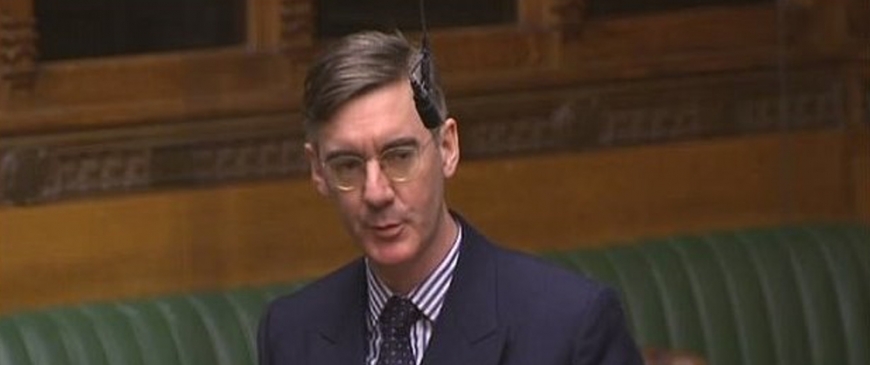
Jacob's dream's crackers
Was it just his imagination running away with him? Was there a ball of confusion instead of clarity? Whatever it was, Jacob Rees Mogg succumbed to the temptations of the television cameras in the House of Commons and gave an insight into the thought processes in the Brexiteers’ psychedelic shack.
In what was a clearly planted question intended to elicit a scripted response from a government minister, Mr Rees Mogg – leader in waiting, evangelist of the Brexit-ultras, and all-round cult – asked his fellow Brexit enthusiast Steve Baker, a minister in the Department for Exiting the EU, to confirm that a Europe expert had told him Treasury officials ’had deliberately developed a model to show that all options other than staying in the customs union were bad, and that officials intended to use this to influence policy’.
Mr Baker enthusiastically confirmed his fellow-believer’s contention.
The Minister said he was sorry to say the account of the conversation was ’essentially correct’.
There are two issues in tandem here: the first is that a minister of the Crown should not impugn the impartiality of civil servants upon whose advice he depends, for the very good reason they are no free to answer back in public.The second is more fundamental. Mr Rees Mogg’s account was not ‘essentially correct’. It was a total fabrication.
The expert was, it transpired, a very senior expert in Europe indeed, Charles Grant, the director of the Centre for European Reform and an expert on EU negotiations. And the conversation referred to was one between Charles Grant and Mr Baker which others witnessed.
An audio recording of the conversation was released which totally refuted Mr Baker’s response and undermined the credibility of Mr Rees Mogg’s suggestion of Civil Service bias. As he was not a party to the conversation between the minister and Mr Grant, the interpretation upon which Mr Rees Mogg’s relied to frame his question could only have been fed to him by someone who was.
